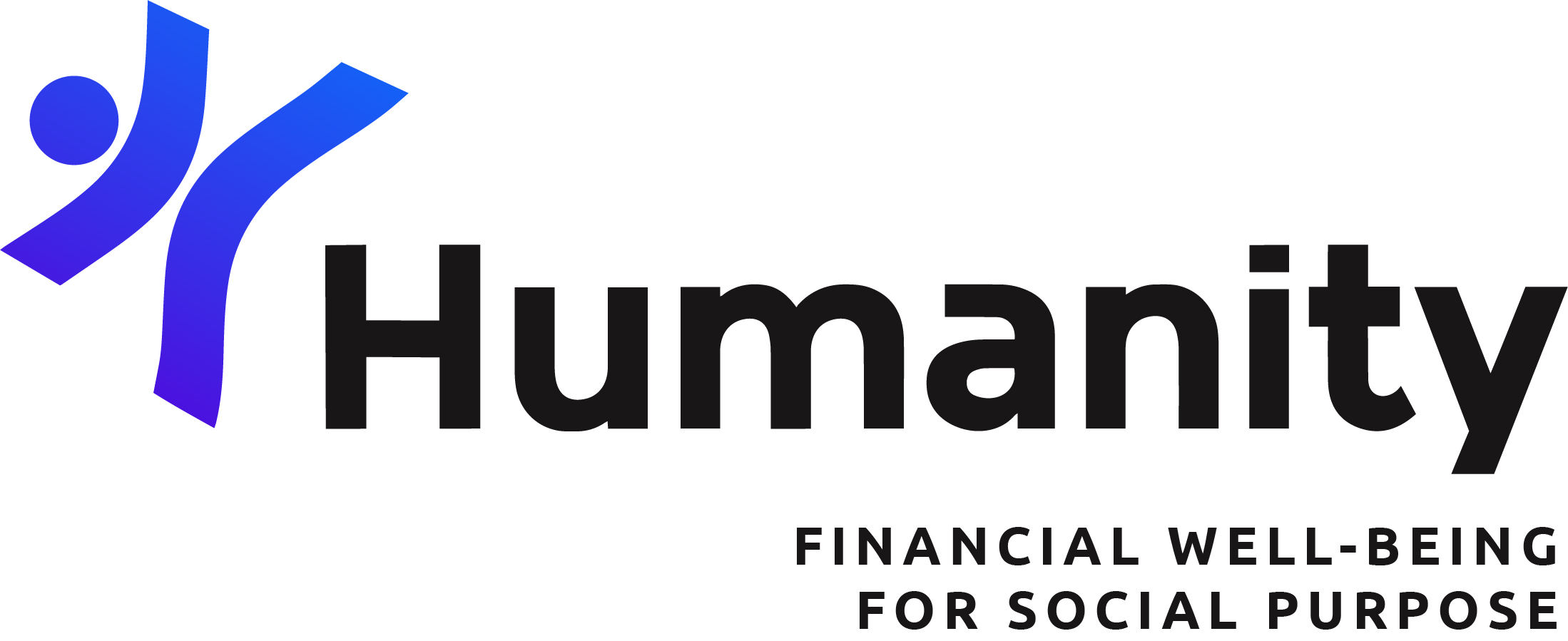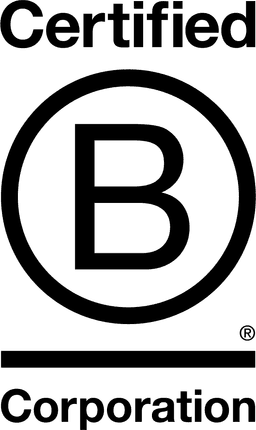

Humanity Financial Management Inc.

British Columbia, Canada
May 2020
Accounting & auditing
Service with Minor Environmental Footprint
Canada
Humanity Financial Management Inc. is Canada's leading CPA and financial capacity-building firm for the social purpose sector. Launching the firm in 2008, and shifting its focus to serving Canadian social purpose organizations five years later, the company has supported more than 70 social purpose organizations. These include diverse and well-known charities and non-profits, plus a number of BC First Nations. Humanity’ purpose is clear. To build the capacity, credibility and confidence of Canada's charities, nonprofits and social enterprises through their distinctive approach to finances. Providing financial management and governance training for social enterprises, which are businesses operated by non-profits and charities, as a means of enhancing their community impacts while also generating flexible and reliable funding streams. Humanity Financial is the first accounting firm in western Canada to hold this certification, and only the second in the country. Humanity achieves this standard by its intentional ‘pay it forward’ approach to community investment and volunteer service; care for the environment; and above-average staff pay, appreciation, and perks.
Overall B Impact Score
Governance 18.5
Governance evaluates a company's overall mission, engagement around its social/environmental impact, ethics, and transparency. This section also evaluates the ability of a company to protect their mission and formally consider stakeholders in decision making through their corporate structure (e.g. benefit corporation) or corporate governing documents.
What is this? A company with an Impact Business Model is intentionally designed to create a specific positive outcome for one of its stakeholders - such as workers, community, environment, or customers.
Workers 36.4
Workers evaluates a company’s contributions to its employees’ financial security, health & safety, wellness, career development, and engagement & satisfaction. In addition, this section recognizes business models designed to benefit workers, such as companies that are at least 40% owned by non-executive employees and those that have workforce development programs to support individuals with barriers to employment.
Community 24.3
Community evaluates a company’s engagement with and impact on the communities in which it operates, hires from, and sources from. Topics include diversity, equity & inclusion, economic impact, civic engagement, charitable giving, and supply chain management. In addition, this section recognizes business models that are designed to address specific community-oriented problems, such as poverty alleviation through fair trade sourcing or distribution via microenterprises, producer cooperative models, locally focused economic development, and formal charitable giving commitments.
Environment 10.7
Environment evaluates a company’s overall environmental management practices as well as its impact on the air, climate, water, land, and biodiversity. This includes the direct impact of a company’s operations and, when applicable its supply chain and distribution channels. This section also recognizes companies with environmentally innovative production processes and those that sell products or services that have a positive environmental impact. Some examples might include products and services that create renewable energy, reduce consumption or waste, conserve land or wildlife, provide less toxic alternatives to the market, or educate people about environmental problems.
Customers 25.2
Customers evaluates a company’s stewardship of its customers through the quality of its products and services, ethical marketing, data privacy and security, and feedback channels. In addition, this section recognizes products or services that are designed to address a particular social problem for or through its customers, such as health or educational products, arts & media products, serving underserved customers/clients, and services that improve the social impact of other businesses or organizations.
What is this? A company with an Impact Business Model is intentionally designed to create a specific positive outcome for one of its stakeholders - such as workers, community, environment, or customers.